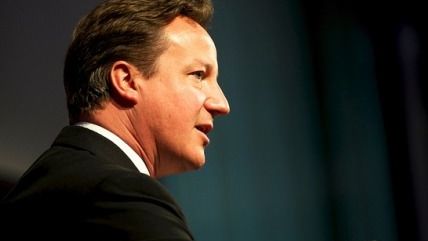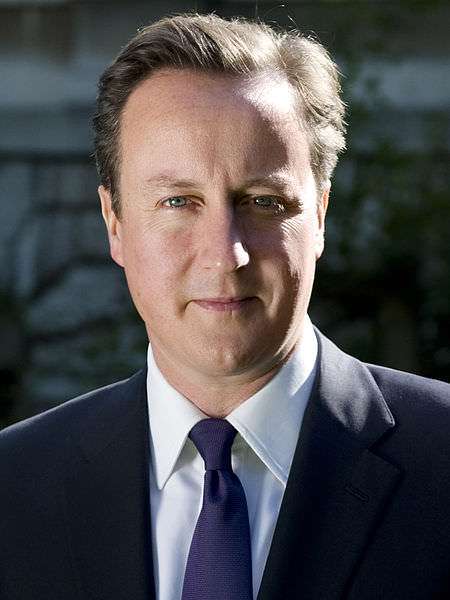U.K.'s David Cameron Comes Under Fire For Supporting Drug Prohibition


British Prime Minister David Cameron is under fire from a bipartisan coalition of M.P.s over his refusal to re-evaluate Britain's 40-year-old drug laws.
The issue arose following the release of a report from the Home Office (a government department responsible for immigration, security, and law and order) comparing the U.K.'s drug policy with the approaches of 13 other countries. The report found that "there is no apparent correlation between the 'toughness' of a country's approach and the prevalence of adult drug use."
This led to the first major House of Commons debate on drug policy in a generation. During the debate, M.P.s from across the political spectrum stood up to denounce the current policy and call for reform.
This disparate group included a succession of members from Cameron's own Conservative Party. The most prominent of these was Peter Lilley, a former cabinet minister and Deputy Leader of the Conservative Party, who bypassed talk of decriminalization and called for the outright legalization of cannabis.
An even more influential figure to come out for reform was Nick Clegg, who voiced his support through the media. As leader of the Liberal Democrats, Clegg is the Deputy Prime Minister of Cameron's coalition government. In an op-ed for The Independent, he argued it was clear the war on drugs was being lost and that a new approach was required:
Instead of looking at evidenced-based solutions successive government's have ratcheted up the rhetoric–talking tough but failing to tackle the problem.
The consequences of sticking rigidly to the same old solutions will not bring about the change we badly need. It would mean more young addicts carted off to jail. More people in need of help unable to free themselves from the grip of drug abuse. And those emerging from jail even more vulnerable to the pushers.
Perhaps most encouraging of all was Clegg's claim that the debate in the U.K. had reached a tipping point:
Westminster has finally reached a tipping point in the drug debate and change is in sight.
As my colleague [the now-departed Home Office minister] Norman Baker said, "the genie is finally out of the bottle" and people have realised if you are anti-drug you must be pro-reform.
Despite the findings of the Home Office report, Cameron is refusing to re-evaluate existing policy. His response to the report was characteristic of a politician with his head in the sand:
"The evidence is, what we are doing is working. I don't believe in decriminalising drugs that are illegal today," he said. "I'm a parent with three children—I don't want to send out a message that somehow taking these drugs is OK and safe because, frankly, it isn't."
Such a stock-standard response is unlikely to surprise anyone familiar with the anti-drug rhetoric of political leaders. However, this represents a complete backflip for Cameron. As The Independent reports, Cameron was once a prominent advocate for drug reform:
As a new MP in 2002, he said there was a "powerful argument" for legalising heroin and said it was "baffling" the Labour government was not considering the case for decriminalisation…
This statement in favor of reform was not a one-off:
During the 2005 leadership campaign – in which he refused to be drawn on his personal drug experience – Mr Cameron said: "Politicians attempt to appeal to the lowest common denominator by posturing with tough policies and calling for crackdown after crackdown. Drugs policy has been failing for decades."
The reason for this dramatic reversal is unclear. It's possible that Cameron honestly re-evaluated his beliefs and came to a different conclusion, but he would also hardly be the first politician to change a position for electoral reasons. However, if Baker is right and the genie really is out of the bottle, there will soon be far less reason for M.P.s to conceal their support for drug reform. That can only be a good thing.
